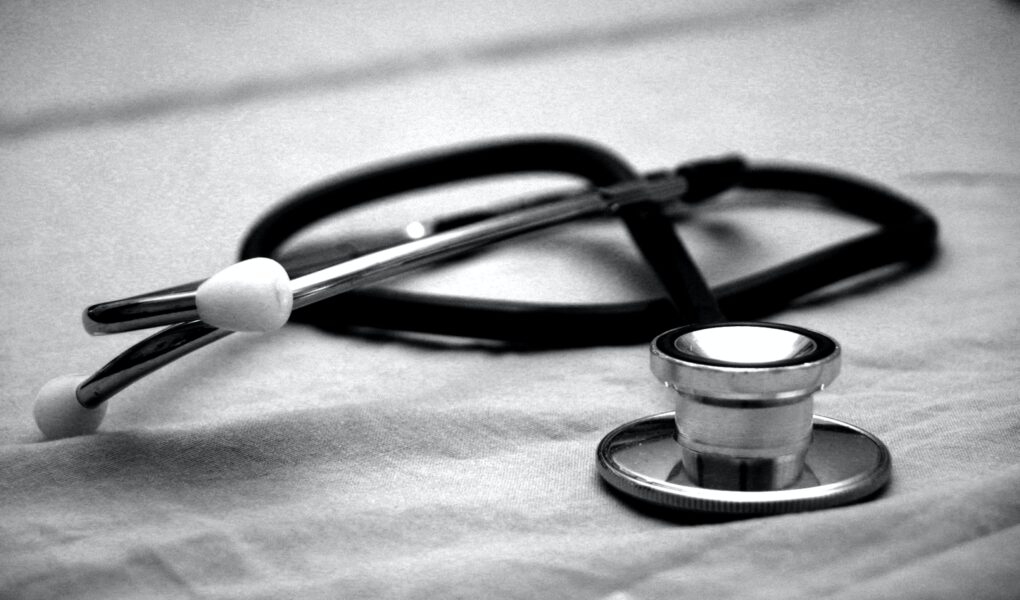“1 in 5 women say they have felt that their health care provider has ignore or dismissed their symptoms.” 1 in 5. 2020 brought with it a wave of change in the discussion of bias and discrimination. Yet, bias and discrimination in the medical industry still remains a fairly obscure issue, although by no means is it a small one. To understand what this means let’s unpack some of the terms. Bias is defined by the Oxford languages as, “prejudice in favor of or against one thing, person, or group compared with another, usually in way that is considered to be unfair”. Discrimination is defined by the Merriam-Webster dictionary as: “prejudiced or prejudicial outlook, action, or treatment”. So what exactly does this mean in the context of the medical industry?
Let’s take a look at the story of Serena Williams, 23 grand-slam-title-winning American tennis player. In an interview and on social media, she talks about her experience following the birth of her daughter, Alexis Olympia. Following an emergency caesarean section (c-section), Williams started to feel short of breath, something Williams knew may be a sign of pulmonary embolism (blood clotting), a complication she knew she was prone to and had experienced before. With the manifestation of symptoms, Williams immediately went to find a nurse and requested a CT (to find any clots) and Heparin (a blood-thinner), which was dismissed by the staff. Upon more insistence, a CT did, in fact, discover clotting, and heparin was subsequently administered. You can find a more detailed version of the story here.
And this is not an uncommon story at all. The CDC finds that for every 100,000 live births, there are 13 White Women that die, 30 American Indian/Alaskan Native, and 41 Black Women. Black women are also 40% more likely to die of breast cancer, a detailed article about this issue can be found here. And these statistics are only the tip of the iceberg when it comes to race and gender based bias in healthcare.
Statistics on discrimination against members of the LGBTQ+ community are equally as alarming. A study outlined in this article from the Center For American Progress finds that 8% of members in the LGBQ community were refused by their healthcare provider because of their sexual, or perceived sexual, orientation, and 29% of members of the trans community were refused. In another portion of the study 7% and 29%, respectively, reported experiencing unwanted physical contact from a health care provider/doctor. These kinds of experience go hand-in-hand with a fear regarding healthcare for members of the community, worsening the already alarming disparity in the affects of illness on the LGBTQ+ community.
All these issues have only served to be exacerbated by the Covid-19 Pandemic, which many have said highlight what is a huge underlying issue in the medical system. As this article from Harvard states, “All of these (non-exhaustive) factors, whether they stem from systemic inequalities or racism, have always existed in our society, and they are now exacerbating the racial disparity during these unprecedented times. The pandemic did not create these problems of inequality in healthcare – it has only shone a spotlight on them,”. The article also provides a detailed and well-written insight on just how and why covid-19 is hitting members of BIPOC communities so hard.
So now to the real question, what can we do about it? Firstly, and most simply, stand up and use your voice against bills that attempt to suppress the right to healthcare for members of communities like LGBTQ+, BIPOC, etc. Furthermore, donate to any of the following foundations linked in this article that help to provide support and legal assistance to members of the LGBTQ+ communities. You can also donate to foundations linked in this article to help provide mental health resources during the pandemic to members of the BIPOC communities, as there are limited resources to donate to directly impact BIPOC healthcare overall. And of course, as a citizen, especially if you are one who plans on a future in healthcare, educate yourself on bias and injustices in healthcare so that the future of healthcare can be a brighter one.




